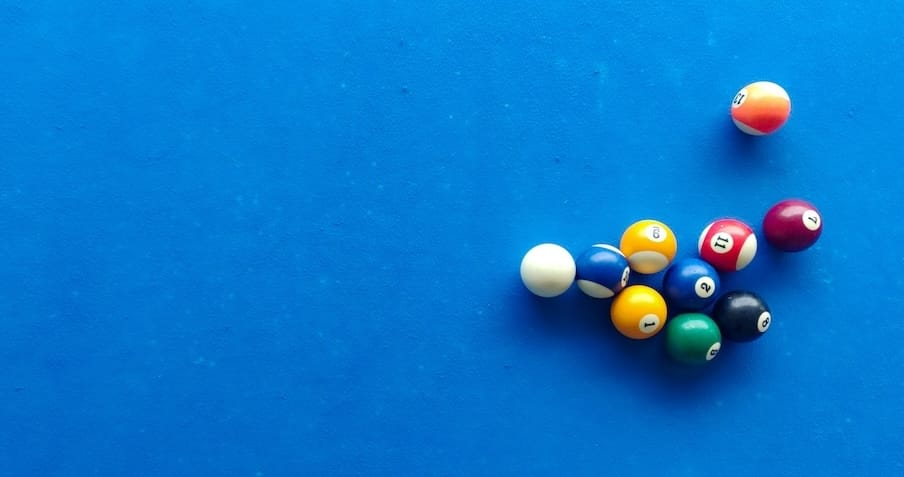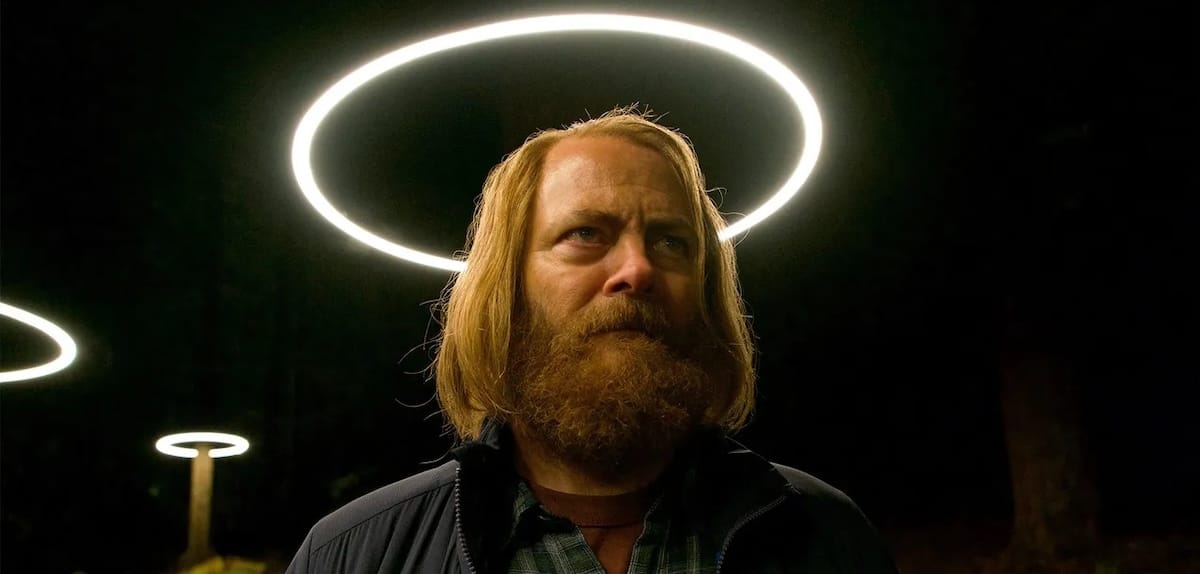
Was I always going to write this?
It's one of the biggest and least consequential questions we can ask.
I remember the moment when free-will skepticism first found me, one day in high school, in the five minutes before health class. A girl I barely knew named Megan casually leaned over between bites of apple and told me that I never make any choices, and neither does she or anyone else—that we are basically just playing out the consequences of a long chain of causes.
I hadn't asked.
"Everything happens because of things that happened before it," she said, "and those were the result of other things. Free will is an illusion," she added, swallowing a mouthful of the apple.
"We were always going to have this conversation," she said, inevitably.
Confronted with the urgent need to demonstrate my freedom to choose my own adventure, I did what anyone does on the ramparts of free will: I jumped unpredictably in my chair, wiggled my arms goofily, and said, if I recall correctly, snorfle.
She smiled, unruffled—then said the maddeningly obvious thing: "You were always going to do that."
In the years that followed, no single idea occupied me as much as that one. By the time I re-engaged it more formally in college, I'd come to see determinism, the word for the concept, as compelling, and free will as a very convincing illusion.
It was around this age that I noticed Christianity trying to have it both ways—that God has an immutable plan, and that we can mess up that plan with free will. As dark as Calvinism is, at least they fix that quandary.
I’ve become even more deterministic over time, and the lost illusion of control has changed everything. I know, for example, that my evangelical cousin and I would fully switch political and religious opinions if we fully swapped life situations—genes, parenting, education, experience, and all the rest. As much as I'd like to think my religious and political convictions sprang entirely from careful thought, the humbling truth is that if you upended a few of my life circumstances early on, I would almost certainly have voted for Donald Trump. Nothing would be magically transported from who I am now to who I would be.
No action or thought takes place in a vacuum. Any honest answer to the question "Why did you choose A instead of B?" must take into account my pre-existing conditions. We aren’t making good or bad choices independently—we are responding to the soup of preconditions in which we swim.
The deterministic futurecaster
So what if we were to get good enough at understanding how that chain of cause-and-effect works to both know the past and predict the future?
This is the compelling premise of the sci-fi thriller miniseries Devs (Hulu). Devs imagines a fully deterministic world and a powerful artificial intelligence with a perfect grasp of that unimaginable web of causes and effects. After studying a tresquinquagintacentillion past causes and effects in such detail, the Devs technology can predict what you will do and say next, and a fatal car accident that will happen at the intersection of Dorr St. and Secor Rd. in Toledo, Ohio on January 5, 2049 between two people as yet unborn, and so on.

It is delicious fiction, just the kind of question we should be running through our imaginations right now as AI sprouts wings. But despite being (nearly) all-in for determinism and a believer in the (nearly) endless data-crunching potential of artificial intelligence, I still put this kind of comprehensive, universe-wide project out of the reach of real possibility. If we imagine causes as a universe of billiard balls, the mapping of their collisions might yield to number-crunching. But too many causes are squishier than that.
Here are a few reasons to forever discard the idea of a predictable universe.
Quantum indeterminacy
The Heisenberg Uncertainty Principle suggests that at the quantum level, events do not have deterministic outcomes but rather probabilistic ones. That alone is the end of the universal billiards match.
But there's more.
Emergent phenomena
In complex systems such as weather patterns or ecosystems, emergent phenomena arise—complex behaviors or properties that result from the interactions of simpler elements in the system, like individual birds in a flock. These phenomena are not predictable from the individual components alone but emerge when these components interact. Even with complete knowledge of the initial conditions, the outcomes will be unpredictable, indicating a further limit to determinism.
Chaos theory
In certain systems—again, weather is a perfect example—small differences in initial conditions can lead to vastly different outcomes, the famous "butterfly effect." This sensitivity to initial conditions implies that predicting the future state of a system with perfect accuracy is impossible, even in a deterministic framework.
We haven't even touched on the possibilities of nonlinear time or non-absolute causality or Gödel's incompleteness theorems, each of which kills the cat in its own way.
I can doubt our ability to suss out the future from what has happened so far without denying the power of those causes over who we are and what we do. Free will is a compelling enough illusion that we can act as if it's real, but we shouldn't give ourselves too much credit as the captains of our souls. Circumstance has a far greater hand in what happens next than choice.
